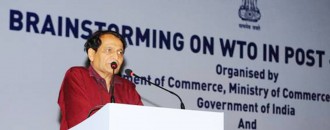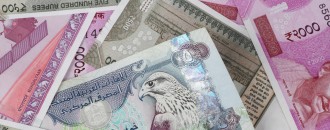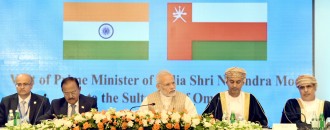
FDI policy liberalised, 100% FDI now in retail, construction
The Dollar Business Bureau
The Government on Wednesday made a number of amendments in India’s Foreign Direct Investment (FDI) policy for some major sectors. The Cabinet has allowed 100% FDI via automatic route in single brand retail trading and construction, while it has raised the existing limit in power exchanges and aviation sectors.
“The Union Cabinet, chaired by the Prime Minister Narendra Modi, has given its approval to a number of amendments in the FDI Policy. These are intended to liberalise and simplify the FDI policy so as to provide ease of doing business in the country. In turn, it will lead to larger FDI inflows contributing to growth of investment, income and employment,” said an official statement.
For single brand retail trading, there is no approval required of the Government for 100% FDI. Under the current policy, there is a limit of 49% FDI and for 100% foreign investment, the approval of the Government was required.
“It has been decided to permit single brand retail trading entity to set off its incremental sourcing of goods from India for global operations during initial five years, beginning April 1 of the year of the opening of first store against the mandatory sourcing requirement of 30% of purchases from India,” the statement said.
In construction sector, the Government clarified that real-estate broking service eligible for 100% FDI under automatic route.
“It has been decided to clarify that real-estate broking service does not amount to real estate business and is therefore, eligible for 100% FDI under automatic route,” the statement said.
For the first time, in civil aviation sector, the Government has permitted foreign airlines to invest in Air India. Under the existing policy, foreign airlines were permitted to invest up to the 49% limit, under the approval route in Indian companies operating non-scheduled and scheduled air transport services.
“It has now been decided to do away with this restriction and allow foreign airlines to invest up to 49% under approval route in Air India,” it said.
However, the Government has clarified that “FDI in Air India including that of foreign Airlines should not exceed 49% either directly or indirectly and substantial ownership and effective control of the national carrier will continue to remain in Indian national.”
This is the second time that the FDI policy has been changed by the current government. Earlier, the Government has introduced multiple changes in FDI policy for defence, insurance, construction development, pension, civil aviation, broadcasting, trading and pharmaceuticals.
The Government claimed that these measures have resulted in increased FDI inflows. Foreign investment is a major driver of economic growth and a source of non-debt finance for the economic development of the country.
“During the year 2014-15, total FDI inflows received were $45.15 billion as against $36.05 billion in 2013-14. During 2015-16, country received total FDI of $55.46 billion. In the financial year 2016-17, total FDI of $60.08 billion has been received, which is an all-time high,” the statement said.





